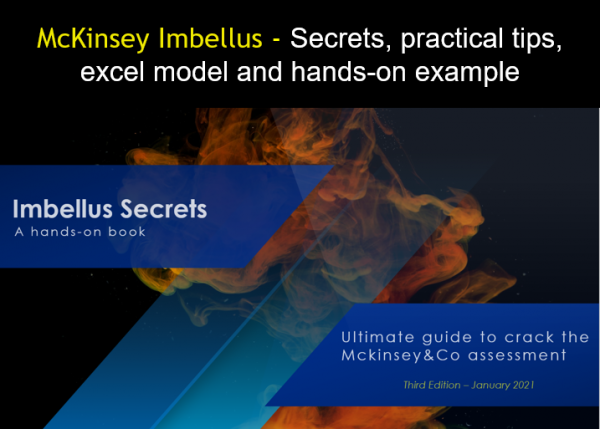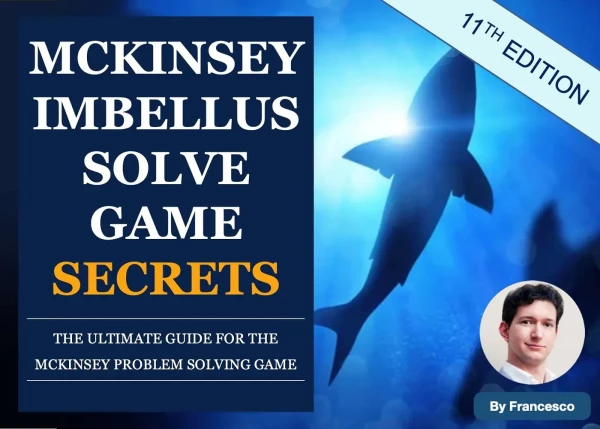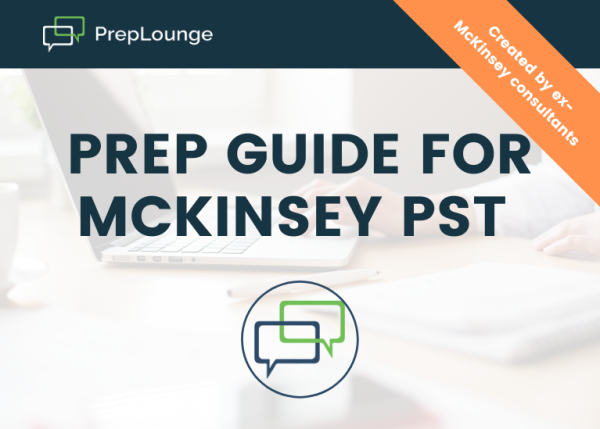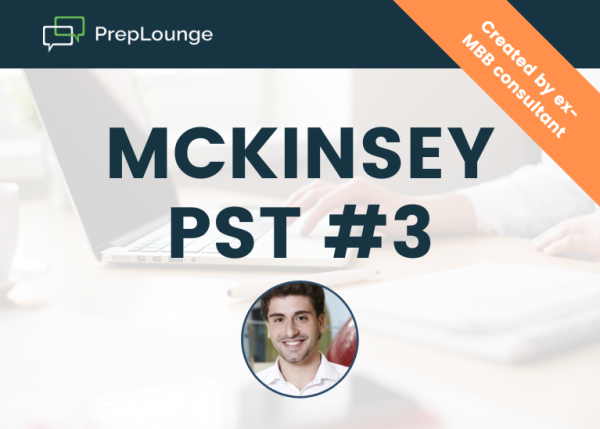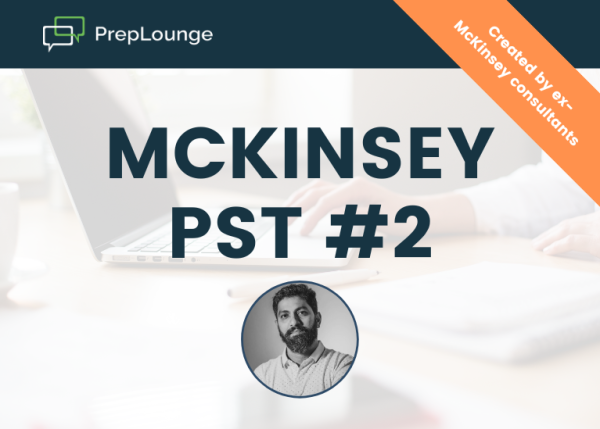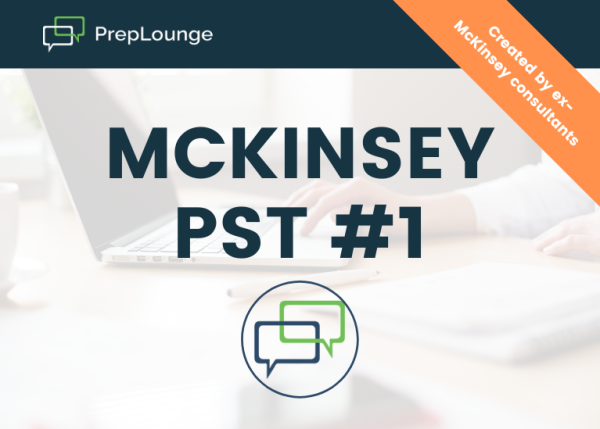Hi everyone,
Since candidate-led cases very much differ from interviewer-led cases, I am wondering on how to best approach the McKinsey style interviewer-led cases.
Case In Point is very much focused on how to conduct candidate-led interviews (i.e. ask claryifying questions, present structure upfront, make hypothesis), which are more BCG and Bain like.
- How should one approach an interviewer-led case?
- How much initiative shall one take in taking the cases to the next step, i.e. shall one try to turn the case into a candidate-led one?
Responses are highly appreciated.
Best,
Rob





